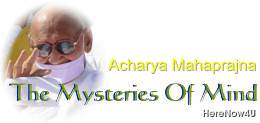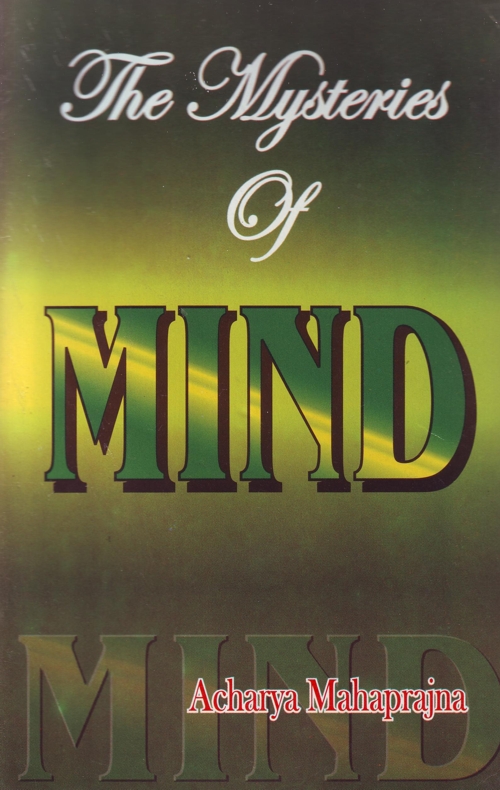
Physical and mental health are a condition of a happy life. One who is not careful about his mental health cannot be careful about his physical health. In spiritual practice health does not concern the body only. Mental health is much more valuable than physical health. Spiritual exertion is capable of maintaining both kinds of health. It cures internal as well as external diseases.
We desire health, longevity, joy and peace. Spiritual exertion gives us all these. It may, however, be asked as to how spiritual exertion gives longevity. The biggest reason for a short life is the subconscious attachments and aversions. All kinds of mental excitements reduce life. They eat into the very vitals of the body. Spiritual exertion puts an end to this kind of pollution. It extols renunciation of attachments and aversions. It aspires to achieve a state of equality and neutrality. It teaches indifference to future vibrations and avoidance of likes and dislikes. It calms the subconscious mind and results in longevity.
The spiritual consequence of self-exertion is the awakening of the mind. Its practical consequence is the strengthening of vital energy. Long breathing produces friction. Friction brings about an increase in vital energy.Kayotsarga or the abandonment of the body strengthens the power to distinguish and brings to an end physical sloth. It develops the tendency to remain serene in the midst of joys and sorrows. It activates consciousness and develops insight.
Let us be clear about body-perception. Some people think that the body is useless. It is a lump of flesh and bones. They do not see anything valuable in it. They, however, forget that the body has a soul, which is characterized by knowledge, perception and consciousness, which are very valuable things.
The most valuable thing in the world lies within the body. Body-perception brings about biological and chemical changes in the body. Chemical changes affect the glands and control the nervous system. They break torpor and activate consciousness. The soul manifests itself only through the body. He who does not want to perceive the body and the centres of consciousness situated within it will never be able to realize his existence. He who is not aware of his existence will never realize his responsibilities.
Achievements of preksa dhyana (perceptive meditation):
| Practical | Spiritual |
| Perception of long breathing awakens vital energy. | Develops insight. |
| Perception of normal breathing cleans the nervous system. | Arouses willpower. |
| It brings about chemical changes and affects health favourably. | Breads torpor and develops consciousness. |
| Kayotsarga removes physical and mental inertia. | Develops discernment and indifference towards joys and sorrows. |
| Anupreksa (contemplation) produces subtle energy and changes behaviour | Develops insight and delusion resulting from actions. |
| Physical | Mental |
| Anupreksa gives health. | Health |
| It develops the power of resistance. | Self-discipline. |
| It predicates the germs of disease. | Thins down age, etc. |
| Rest. | Negates involvement in action. |
| Improvement of health. | Improvement of health. |
 Acharya Mahaprajna
Acharya Mahaprajna

